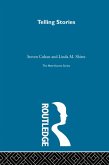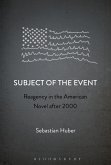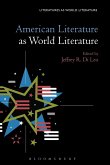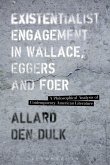Telling in Henry James argues that James's contribution to narrative and narrative theories is a lifelong exploration of how to "tell," but not, as Douglas has it in "The Turn of the Screw" in any "literal, vulgar way." James's fiction offers multiple, and often contradictory, reading (in)directions. Zwinger's overarching contention is that the telling detail is that which cannot be accounted for with any single critical or theoretical lens-that reading James is in some real sense a reading of the disquietingly inassimilable "fictional machinery." The analyses offered by each of the six chapters are grounded in close reading and focused on oddments-textual equivalents to the "particles" James describes as caught in a silken spider web, in a famous analogy used in "The Art of Fiction" to describe the kind of "consciousness" James wants his fiction to present to the reader.
Telling in Henry James attends to the sheer fun of James's wit and verbal dexterity, to the cognitive tune-up offered by the complexities and nuances of his precise and rhythmic syntax, and to the complex and contradictory contrapuntal impact of the language on the page, tongue, and ear.
Telling in Henry James attends to the sheer fun of James's wit and verbal dexterity, to the cognitive tune-up offered by the complexities and nuances of his precise and rhythmic syntax, and to the complex and contradictory contrapuntal impact of the language on the page, tongue, and ear.









